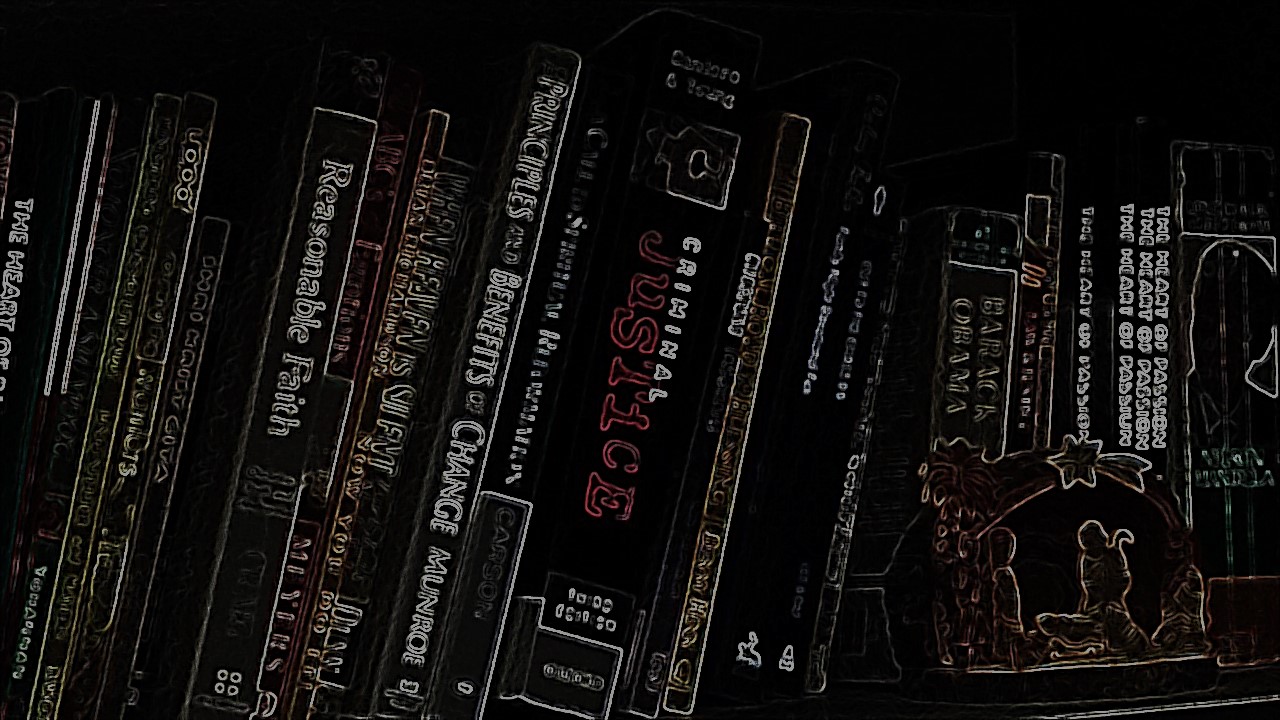5 facts about Christian persecution from the 2016 International Religious Freedom Report
Five facts have been raised to be addressed on behalf of Christians facing religious violence and persecution for faith, consider-
1. In China, Christian communities have “borne a significant brunt of the oppression, with numerous churches bulldozed and crosses torn down. Pastor Bao Guohua and his wife, Xing Wenxiang, were sentenced in Zhejiang Province in February 2016 to 14 and 12 years in prison, respectively, for leading a Christian congregation that was opposing a government campaign to remove crosses atop churches.
2. In Sudan, the government stiffened penalties for both apostasy and blasphemy. The regime prosecutes Christian pastors on trumped-up charges and marginalizes the country’s minority Christian community. It imposes a restrictive interpretation of Shari’ah law and applies corresponding hudood punishments (such as whipping, amputation, and stoning to death) on Muslims and non-Muslims alike.
3. Boko Haram continues to attack with impunity both Christians and many Muslims. From bombings at churches and mosques to mass kidnappings of children from schools, Boko Haram has cut a wide path of terror across vast swaths of Nigeria and in neighboring countries, leaving thousands killed and millions displaced
4. The situation is “particularly grave” for Evangelical and Pentecostal Christians in Eritrea. The government requires all physically- and mentally-capable people between the ages of 18 and 70 to perform a full-time, indefinite, and poorly-paid national service obligation, which includes military, development, or civil service components. There are no exemptions for conscientious objections and individuals completing their national service obligation in the military are prohibited from practicing their religion. Failure to participate in the national service results in being detained, sentenced to hard labor, abused, and having one’s legal documents confiscated.
5. The report notes numerous incidents over the past year of Iranian authorities raiding church services, threatening church members, and arresting and imprisoning worshipers and church leaders, particularly converts to Evangelical forms of Christianity. Since 2010, authorities “arbitrarily arrested and detained more than 550 Christians throughout the country.” As of February 2016, approximately 90 Christians were either in prison, detained, or awaiting trial because of their religious beliefs and activities. May 5, 2016 By Joe Carter
The Ethics & Religious Liberty Commission of the Southern Baptist Convention. Source: http://erlc.com/resource-library/articles/5-facts-about-christian-persecution-from-the-2016-international-religious-freedom-report

